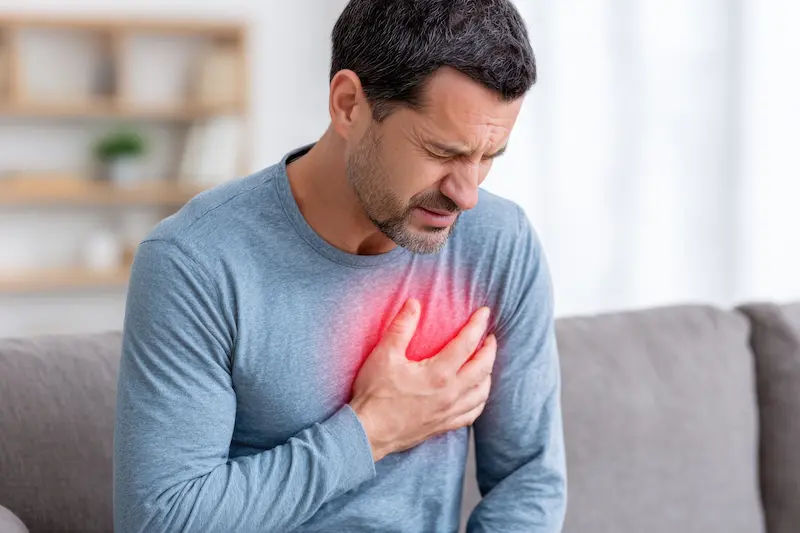- female
- 30 Years
- 29/01/2025
I'm a bit worried because I checked my pulse rate this afternoon and it was 92. Is that normal for women? Could there be something I should be concerned about?
More Cardiology Health Queries
View allI'm really worried about my mom's condition. The doctors have found she has a ventricular septal defect and mentioned that an operation right now is pretty risky. Is there any other treatment option we could consider to help her?
Visit your Physician for evaluation and appropriate management
Answered by 1 Apollo Doctors
Is mitral regurgitation something that can be cured? I'm having a really hard time with daily activities because of symptoms like chest pain, feeling like I might faint, lightheadedness, and shortness of breath. What should I do? Can you help me figure this out?
Mitral regurgitation (MR) is a condition where the heart's mitral valve does not close tightly, causing blood to flow backward in the heart. Treatment for MR depends on the severity of the condition. In your case, with symptoms like chest pain, near fainting, lightheadedness, and shortness of breath, it is important to seek medical attention promptly. You may be prescribed medications such as Lisinopril (brand name: Zestril) to help reduce the workload on your heart and manage symptoms. Additionally, you may be advised to take Furosemide (brand name: Lasix) to reduce fluid buildup in your body and relieve symptoms like shortness of breath. In severe cases of MR, surgical intervention may be necessary to repair or replace the mitral valve. However, the treatment plan will be determined based on a thorough evaluation by a healthcare professional. It is crucial to follow their recommendations closely for optimal management of your condition.
Answered by 1 Apollo Doctors
I'm trying to understand what it means when there's a regional wall motion abnormality detected in an echocardiogram. Is this something related to ischemic heart disease? What does that imply for my heart health? I'm feeling a bit anxious about all this and would appreciate some clarity.
suggestive of bundle branch block .A cardiac opinion is required
Answered by 1 Apollo Doctors
Disclaimer: Answers on Apollo 247 are not intended to replace your doctor advice. Always seek help of a professional doctor in case of an medical emergency or ailment.






